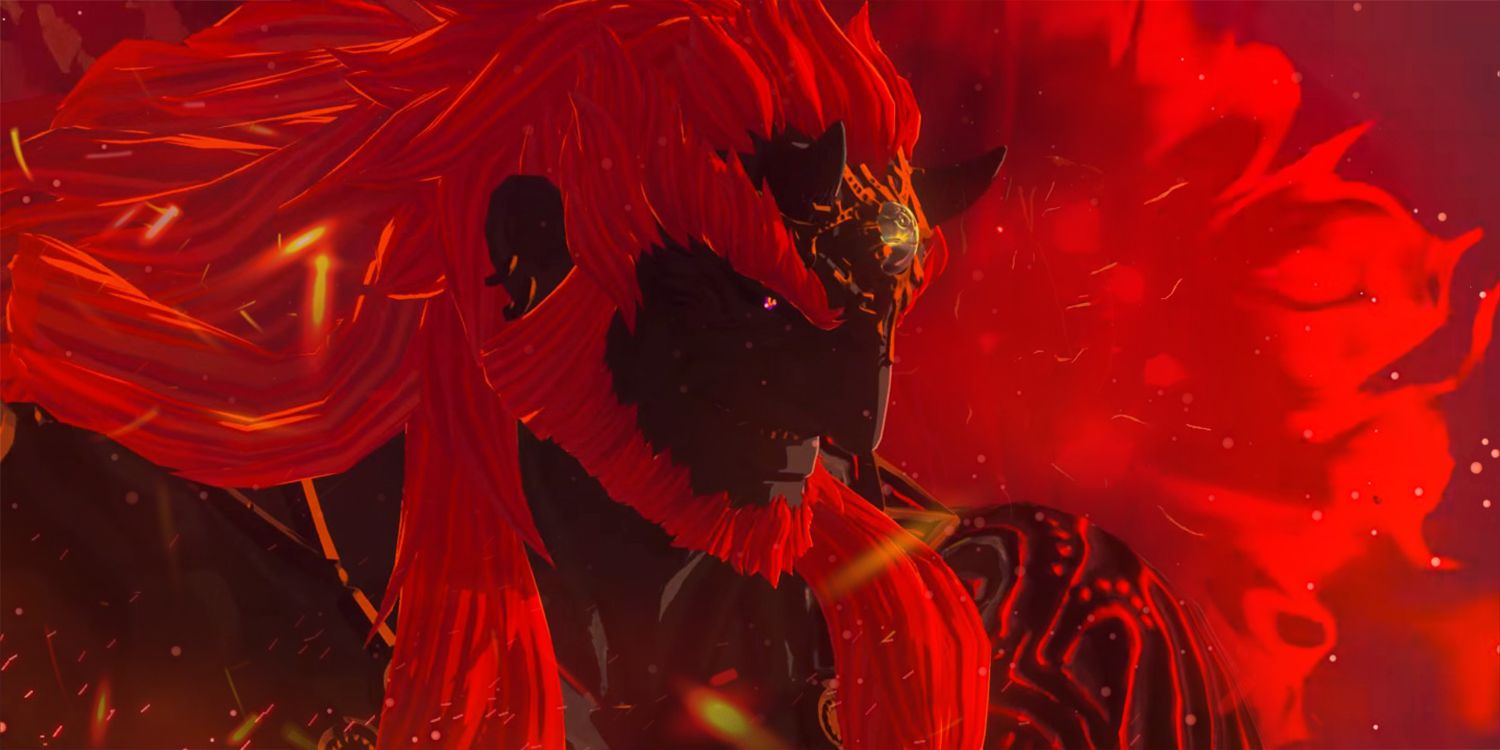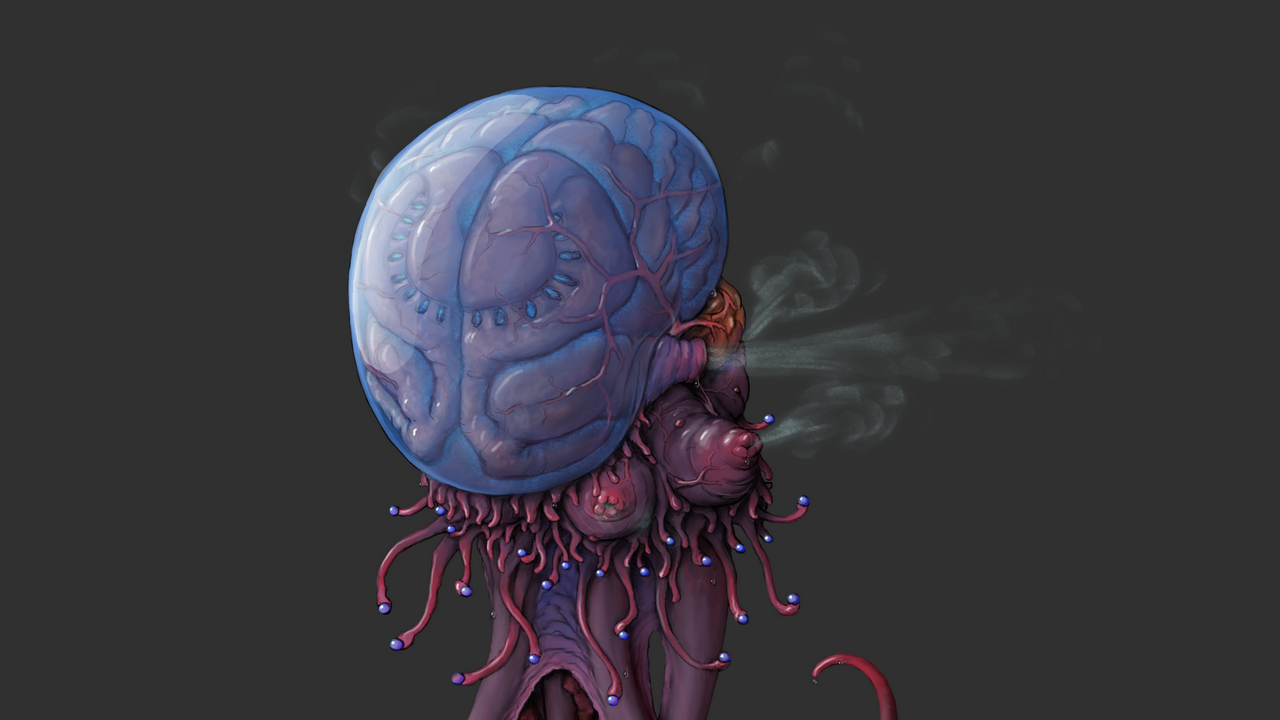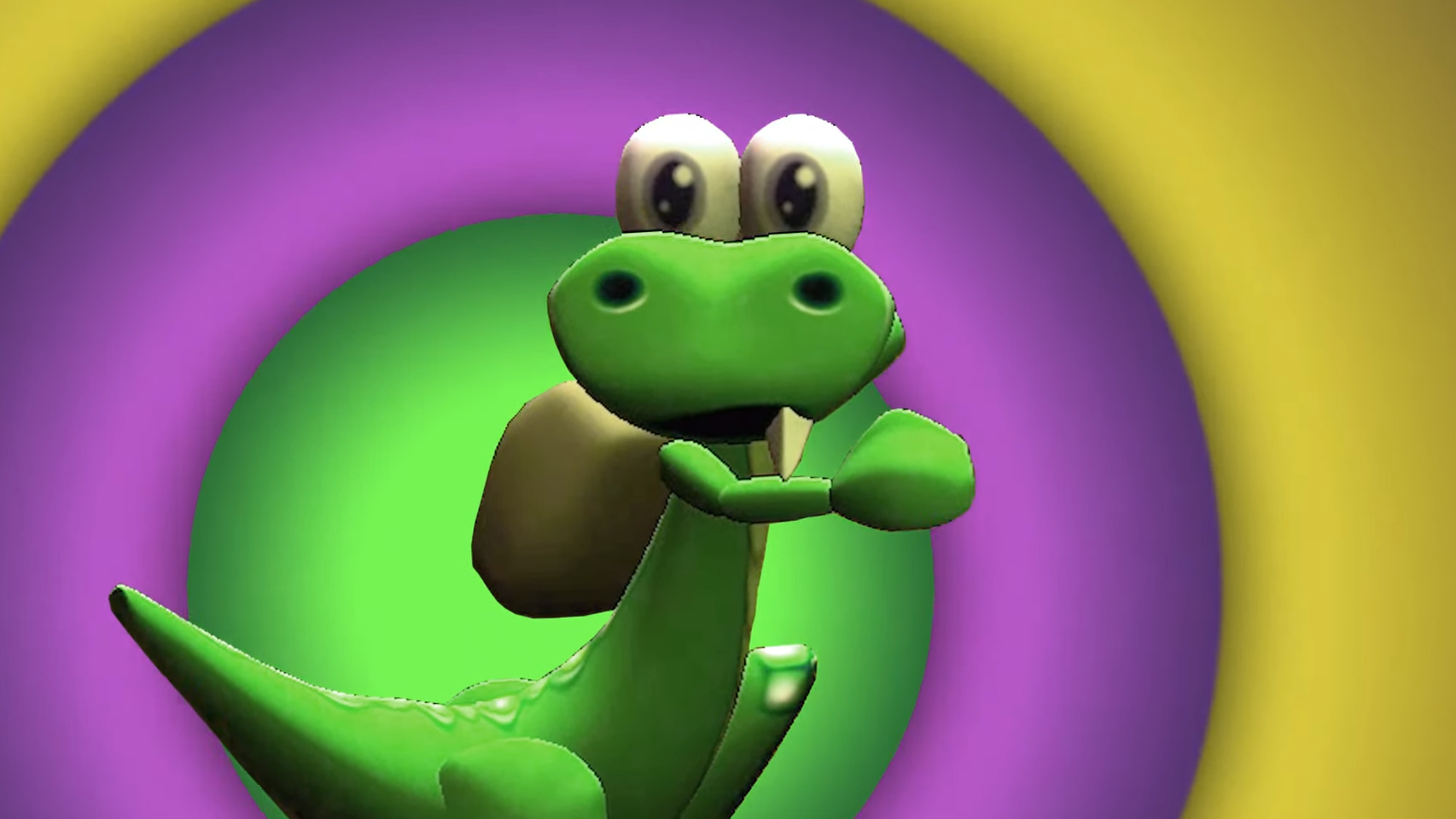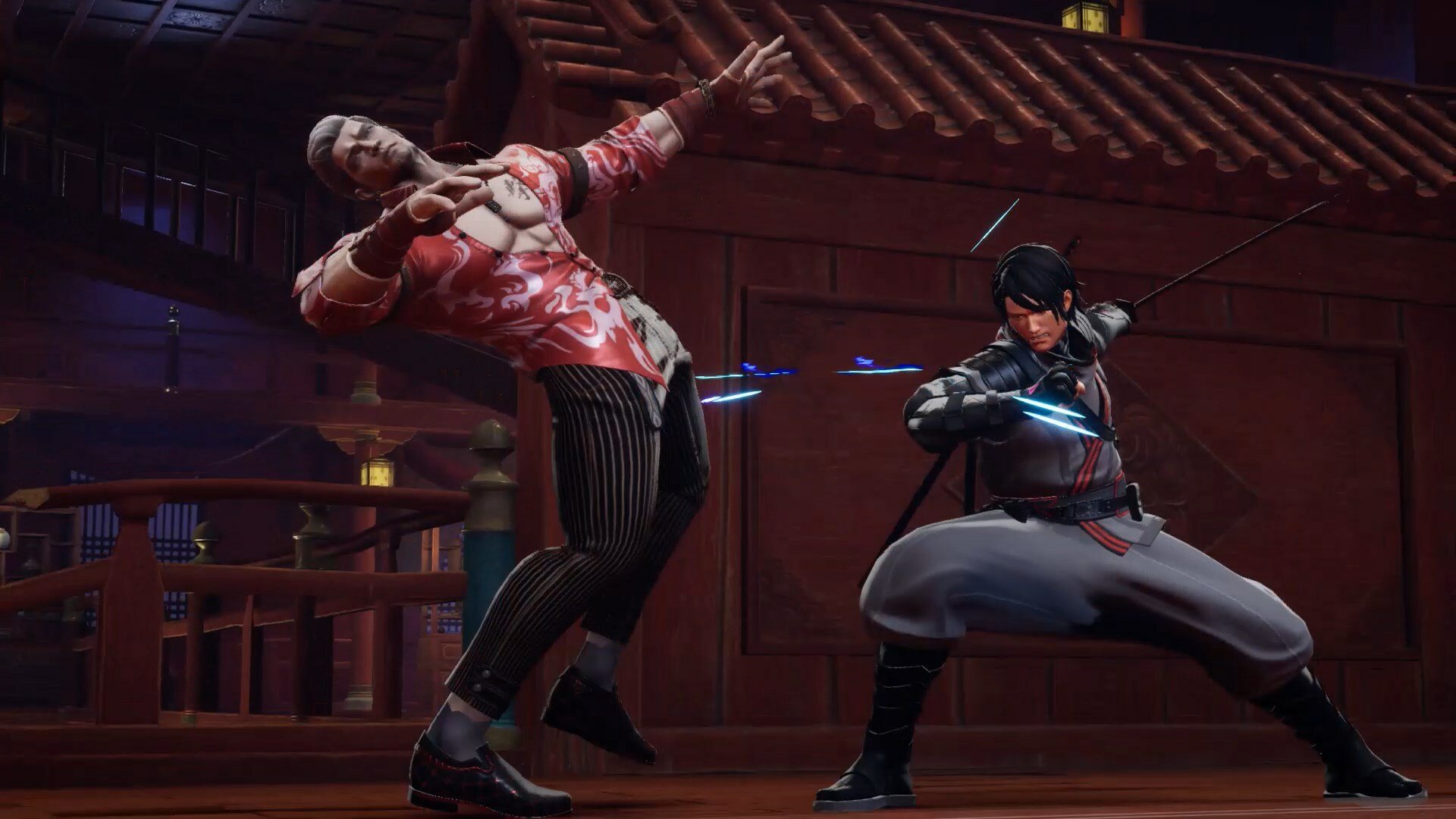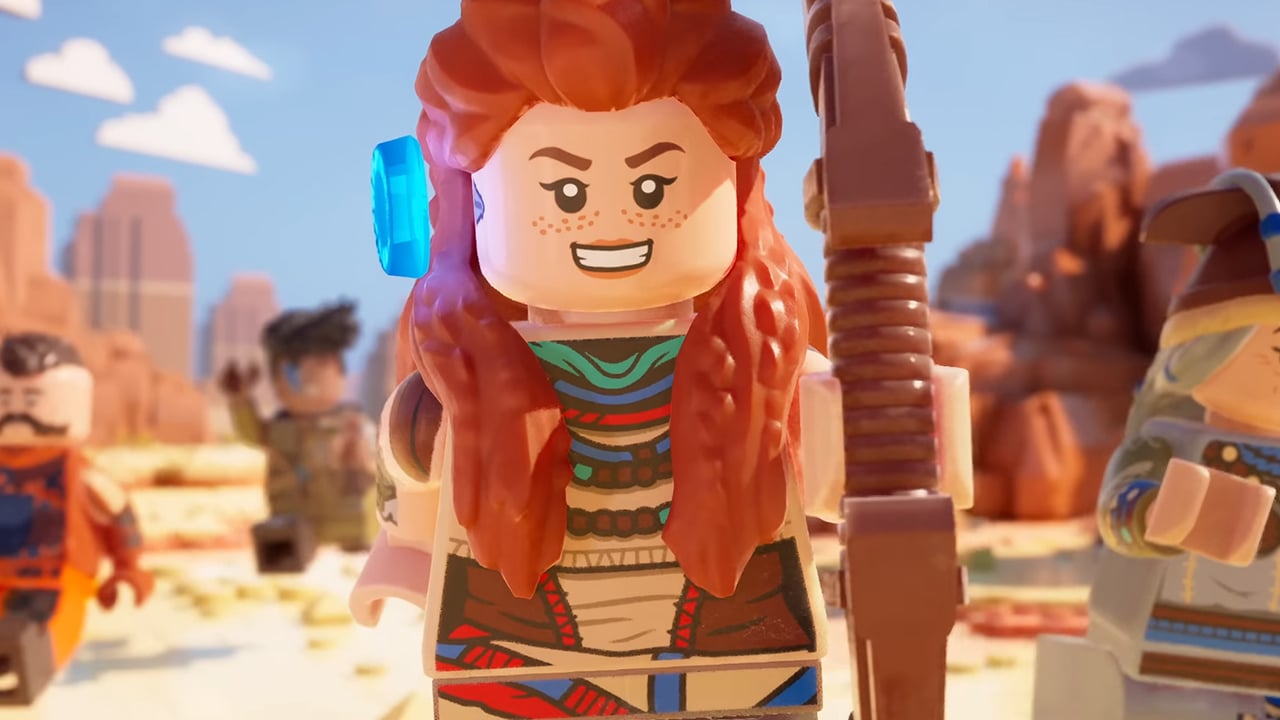With the addition of vehicles and crafting mechanics, Tears of the Kingdom moved further away from the iconic traits that define the Zelda franchise than even its predecessor, Breath of the Wild, causing some to question if TOTK belongs in the series. The open-world formula of BOTW was already a major departure from the norm for a Zelda game, instead following the rubric of titles like Shadow of Mordor and Assassin’s Creed. As TOTK continues to distance itself from the familiar elements of the franchise, veteran fans may wonder if the Breath of the Wild series should have been a wholly original Nintendo IP, separate from The Legend of Zelda.
Given the abandonment of traditional Zelda gameplay, many of the best games like classic Zelda feel more like true Zelda sequels than BOTW or TOTK. The superficial elements of the franchise remain, with a hero named Link saving a princess named Zelda in the kingdom of Hyrule. By this standard, the “musou” style spinoff Hyrule Warriors could have just as easily been the next mainline Zelda game; and games like Tunic and Eastward certainly play more like classic Zelda titles than TOTK itself. If TOTK is anything to go by, these homages may be the closest fans will get to traditional Zelda entries, going forward.
Defining a video game series based on its gameplay is simple for some franchises, and nebulous for others. Mega Man has stayed true to its traditional side-scrolling gameplay style across its 11 main numbered entries, and Dragon Quest retains its beloved turn-based JRPG format. On the other end of the spectrum, the action-oriented gameplay foreshadowed for Final Fantasy 16 is a far cry from the series’ turn-based origins, and the Resident Evil games are on their third iteration of the franchise’s overall formula. Earlier Zelda games varied between innovative entries and those that were refinements on the series’ past until BOTW made a stark departure.
Putting aside its aesthetics and lore, the Zelda games broadly followed a formula of a linear fantasy adventure series. Players explored an overworld and delved into dungeons filled with both monsters and environmental puzzles, culminating in boss battles. Gaining new items and abilities offered access to new areas, and story progression required a combination of gaming skills and problem-solving. On a very broad level, a generous appraisal could say each of these elements is technically present in TOTK, but by this evaluation nearly any adventure game could arguably be a Zelda title. The series’ newest entries rejection of non-linear gameplay comes at a cost to its uniqueness.
BOTW felt more like Shadow of Mordor, with Middle-earth reskinned as Hyrule, than a mainline entry in The Legend of Zelda, from a gameplay perspective. TOTK’s focus on ancient technology and constructs feels closer to the post-apocalyptic Horizon Zero Dawn than any prior rendition of Hyrule. Notably, the Triforce also remains absent in TOTK. In both gameplay and lore,…
2023-06-13 14:00:05
Article from screenrant.com
